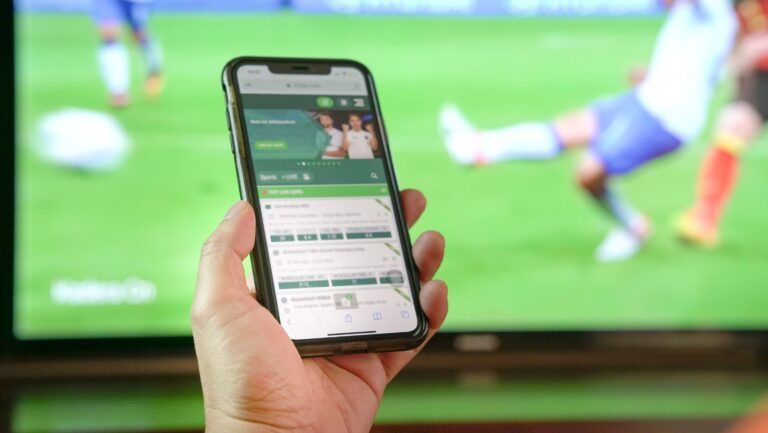Managing finances can be challenging for self-employed individuals, as their income often fluctuates, and they are responsible for their own taxes, expenses, and savings. Using smart strategies and tools, self-employed professionals can ensure financial stability. Let’s explore how they can effectively manage their finances.
Choose the Right Banking Platform
One of the first steps in managing finances is selecting the right banking platform. Self-employed individuals often benefit from features like low fees, easy online access, and integration with budgeting tools. Finding the ideal online banking platforms for self-employed individuals can simplify daily transactions and help track income and expenses effectively. These platforms often offer tailored services that fit the unique needs of freelancers and small business owners. Access to digital banking features also allows professionals to manage their finances efficiently from anywhere.
Set Up a Budget and Stick to It
Budgeting is crucial for anyone, but especially for self-employed individuals. With income varying monthly, creating a budget ensures that money is allocated for essential expenses, taxes, and savings. Separating personal and business expenses makes it easier to see where the money is going. A well-planned budget can help reduce financial stress and give self-employed individuals better control over their finances. Sticking to a budget also helps avoid unnecessary spending, ensuring funds are available for critical needs.
Track Income and Expenses Regularly
Regularly tracking income and expenses helps self-employed individuals stay on top of their finances. By consistently recording transactions, managing cash flow and planning for future expenses becomes easier. Many financial tools are available that make tracking simple, helping freelancers avoid confusion during tax season.
Keeping a close eye on expenses also allows individuals to identify areas where they can save money. Tracking also provides a clear overview of which months generate more income, helping plan for slower periods.
Set Aside Money for Taxes
Self-employed people, unlike regular employees, have to pay their own taxes. So they gotta set aside money during the year to make sure they can cover taxes when it’s time to file. It’s smart to figure out how much taxes will be and put away a percentage of every payment you get. Doing this helps you avoid that last-minute rush and ensures you’re always prepared for taxes. Also, opening a separate savings account just for taxes can make this process easier and help you avoid the temptation to spend that money.
Build an Emergency Fund
Having an emergency fund is really important for self-employed folks. Income can be unpredictable. You might not always earn the same monthly amount, so it’s good to save extra money when things are slow. An emergency fund gives you a cushion to cover any personal or business expenses during tough times. Experts say you should aim to save at least 3 to 6 months’ worth of expenses to be safe. Adding small amounts over time to this fund helps you build it up without feeling too much pressure on your day-to-day finances.
Plan for Retirement
Planning for retirement is a bit harder for self-employed people. They don’t get employer retirement plans like most employees. But there are plenty of options out there for freelancers. Setting up a retirement account and spending money regularly can prepare you for the future.

Automating these contributions is a good idea, so you don’t have to think about it every month. Starting early also means you’ll get more from compounding interest, making it easier to secure a nice retirement.
Separate Personal and Business Finances
A common mistake many self-employed people make is mixing up personal and business finances. This can get confusing and make tax season a real headache. It can also blur the line between personal and business expenses. Keeping separate accounts for personal and business matters will simplify things. It gives you a better view of how well your business is doing. Plus, clear records make it easier to claim deductions when you file your taxes.
Use Financial Tools to Stay Organized
Self-employed individuals can benefit from using financial tools and apps to manage their money efficiently. These tools offer various features like income tracking, expense categorization, and tax estimation. Many financial apps also integrate with online banking platforms, making it easier to monitor finances in real-time. These tools allow self-employed individuals to stay organized and avoid common financial pitfalls. Keeping all financial information in one place saves time regarding year-end accounting and tax preparation.
Managing finances as a self-employed individual may seem challenging, but it becomes much more manageable with the right strategies in place. Choosing the right banking platform, budgeting, tracking expenses, setting aside money for taxes, and planning for retirement are key steps in achieving financial stability. By following these tips, self-employed individuals can maintain control of their finances and ensure long-term success.




